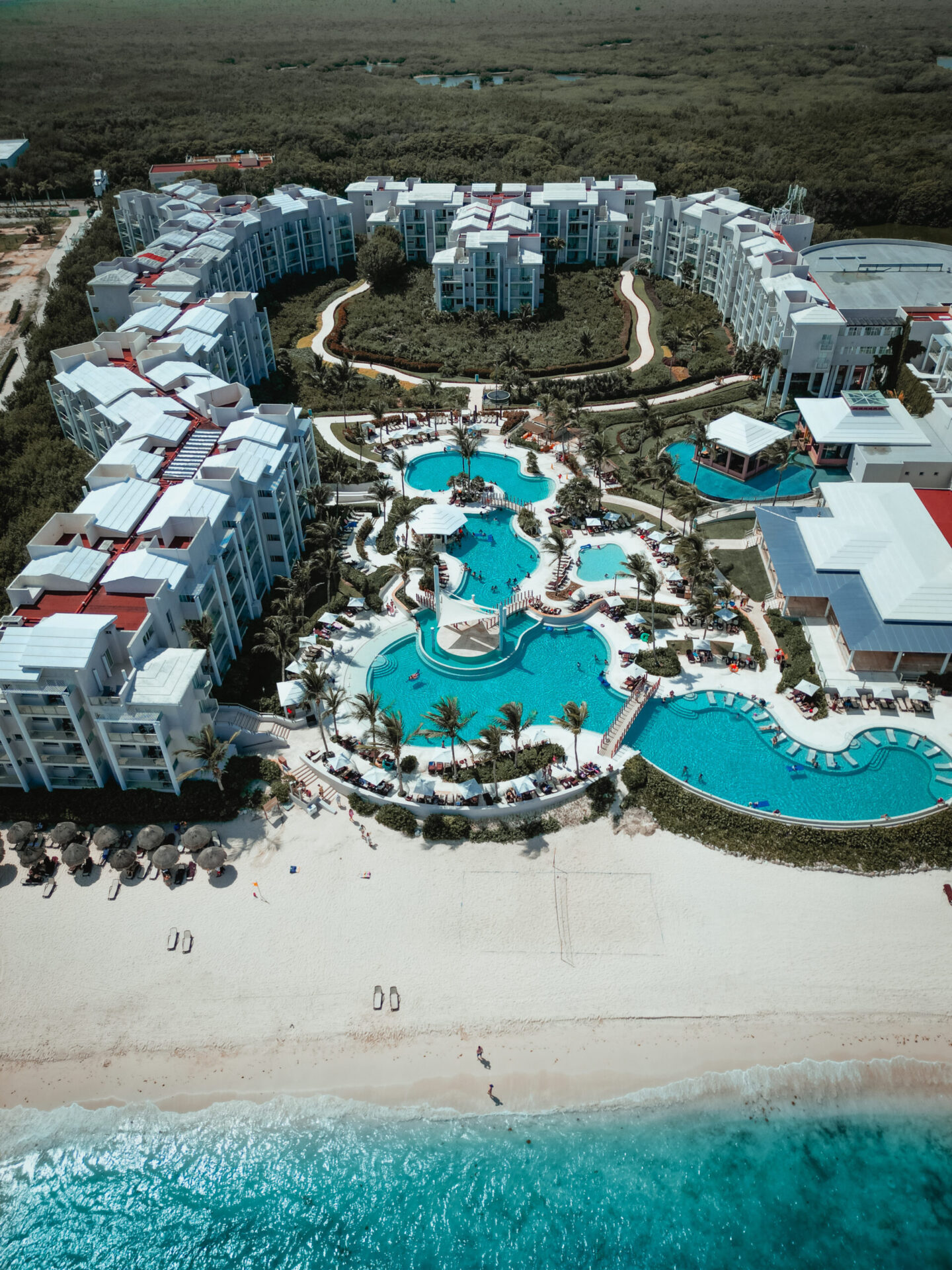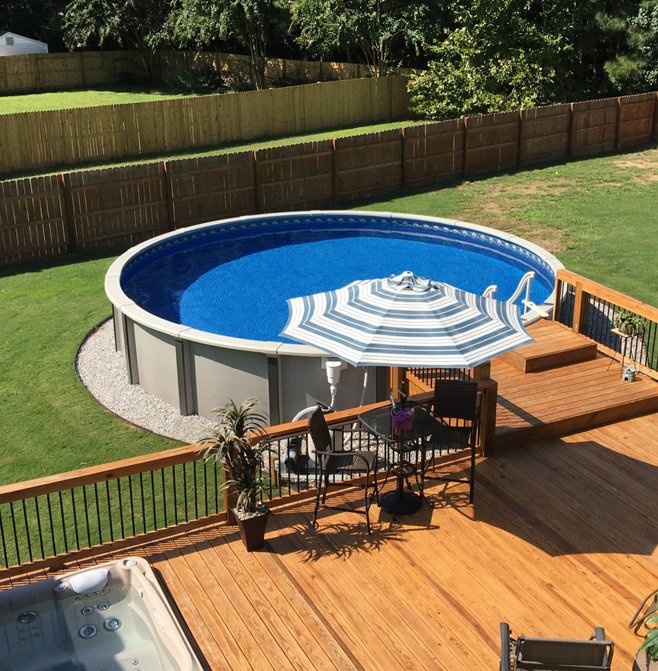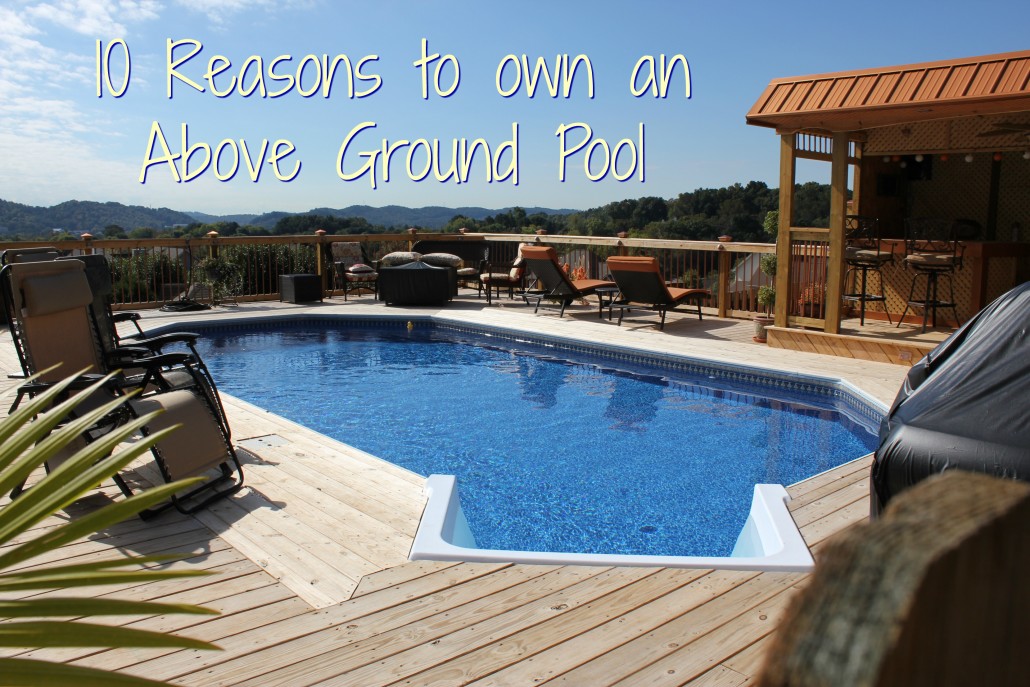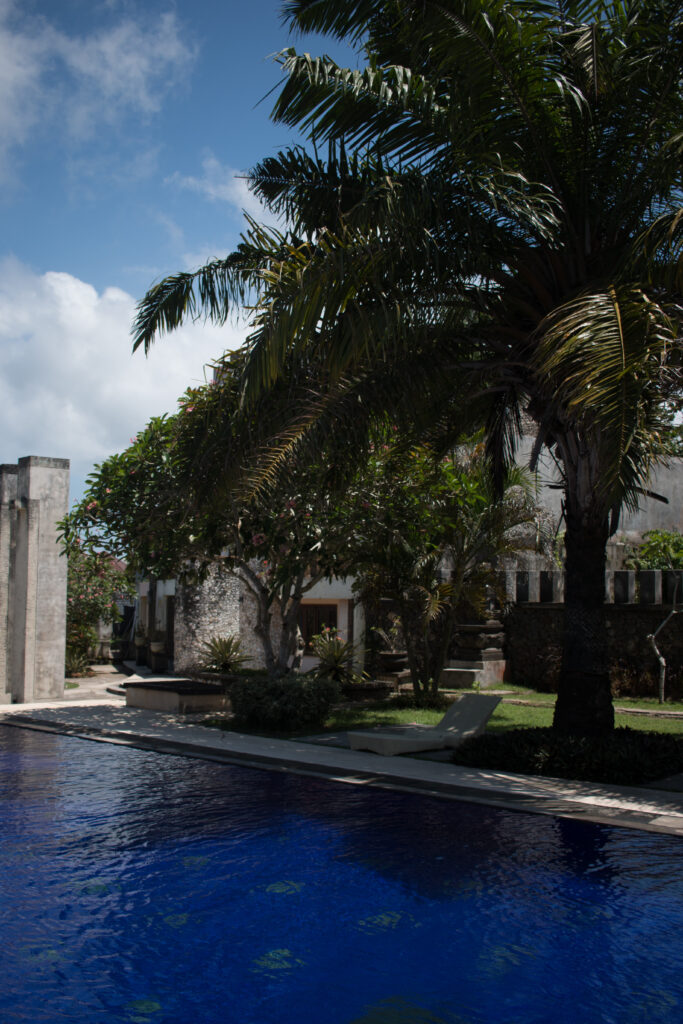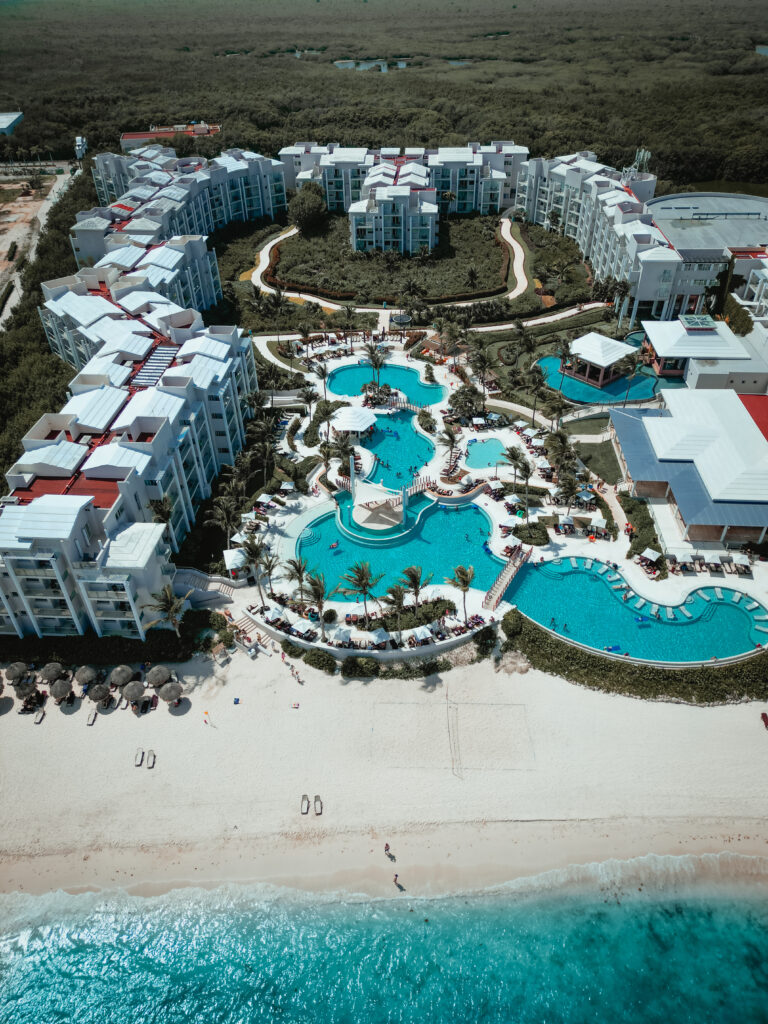Have you ever wondered if pool shock and chlorine are the same thing? Well, in this article, we will explore the relationship between these two commonly used pool chemicals. Many people assume that pool shock is just another term for chlorine, but there are some important differences to consider. So, let’s dive in and find out the truth about pool shock and chlorine!
This image is property of images.pexels.com.
Understanding Pool Shock
What is pool shock?
Pool shock, also known as pool sanitizer or pool oxidizer, is a chemical compound used to kill bacteria, algae, and other contaminants in swimming pools. It is a concentrated form of chlorine that is added to pool water to maintain its cleanliness and clarity. Pool shock typically comes in granular form or as a dissolvable tablet.
How does pool shock work?
When added to pool water, pool shock releases chlorine gas, which in turn reacts with water to form hypochlorous acid and hypochlorite ions. These compounds effectively disinfect the water by killing bacteria and other microorganisms. Additionally, pool shock also helps eliminate organic matter and oxidation byproducts, keeping the pool water clear and safe for swimming.
Different types of pool shock
There are several types of pool shock available on the market, each with its own unique characteristics and uses. Some common types include calcium hypochlorite shock, lithium hypochlorite shock, and non-chlorine shock. Calcium hypochlorite shock is the most widely used and affordable option, while lithium hypochlorite shock is more expensive but has less impact on pool chemistry. Non-chlorine shock, on the other hand, uses alternative oxidizers such as potassium monopersulfate and is suitable for pools with chlorine sensitivities or for regular oxidation.
Understanding Chlorine
What is chlorine?
Chlorine is a chemical element widely used as a disinfectant in swimming pools. It exists in various forms, including chlorine gas, liquid chlorine, and solid chlorine compounds. Chlorine is highly effective in killing bacteria and viruses, making it an essential component of pool maintenance.
How does chlorine work?
When chlorine is added to pool water, it undergoes a chemical reaction with water to produce hypochlorous acid and hypochlorite ions. These compounds act as powerful oxidizers and sanitizers, attacking and destroying harmful microorganisms in the pool. Chlorine also helps break down organic matter, such as sweat and sunscreen residue, and prevent the growth of algae.
Different forms of chlorine
Chlorine is available in different forms to suit various pool maintenance needs. Chlorine gas is the purest and strongest form, but it requires special equipment for handling and should only be used by trained professionals. Liquid chlorine, often referred to as bleach, is a common and convenient option for homeowners. It can be poured directly into the pool or added through a chlorinator system. Solid chlorine compounds, such as calcium hypochlorite or trichlor tablets, are popular for their ease of use and extended shelf life.
Comparing Pool Shock and Chlorine
Are pool shock and chlorine the same?
While pool shock and chlorine both serve the purpose of sanitizing and disinfecting pool water, they are not the same thing. Pool shock is a concentrated form of chlorine, used primarily for shock treatment to address specific issues like algae blooms or severe bacterial contamination. Chlorine, on the other hand, refers to different forms and compounds of the chemical element itself, which can be used for regular maintenance to maintain water quality and clarity.
Similarities between pool shock and chlorine
Pool shock and chlorine share various similarities. Both are effective in disinfecting pool water and killing harmful microorganisms. They work by releasing hypochlorous acid and hypochlorite ions, which act as powerful sanitizers. Pool shock and chlorine also help break down organic matter and prevent the growth of algae.
Differences between pool shock and chlorine
The main difference between pool shock and chlorine lies in their concentration and purpose. Pool shock is a highly concentrated form of chlorine that is used for shock treatment to rapidly eliminate contaminants and restore water clarity. Chlorine, on the other hand, comes in different forms and concentrations, allowing for regular maintenance of pool water by maintaining stable chlorine levels. Pool shock is typically used on a periodic or as-needed basis, while chlorine is routinely added to maintain optimal water quality.
Effectiveness and Uses
Effectiveness of pool shock
Pool shock is highly effective in addressing specific pool water issues, such as algae blooms or severe bacterial contamination. Its concentrated form allows for a rapid and intensive treatment, effectively eliminating contaminants and restoring water clarity. Pool shock is particularly useful during the opening and closing of the pool, or when faced with challenging water conditions.
Effectiveness of chlorine
Chlorine is proven to be highly effective in maintaining pool water cleanliness and clarity. When used correctly and at the appropriate levels, it can kill bacteria, viruses, and other microorganisms, ensuring a safe and enjoyable swimming experience. Regular application of chlorine helps prevent algae growth and keeps the water free from organic matter.
Uses of pool shock
Pool shock is primarily used for shock treatment, which involves rapidly raising chlorine levels to combat specific issues. It is commonly used to address algae blooms, severe contamination, or water that has become cloudy or odorous. Additionally, pool shock can be used as a preventive measure during pool opening and closing, ensuring the water is properly disinfected and ready for use.
Uses of chlorine
Chlorine has a wide range of uses in pool maintenance. It is regularly added to pool water to maintain consistent chlorine levels and ensure ongoing disinfection. Chlorine is also used to sanitize pool equipment, such as filters and skimmers, to prevent the growth of bacteria and maintain proper functioning. Furthermore, chlorine is necessary for the effective operation of automatic chlorinators or saltwater chlorination systems.
This image is property of images.pexels.com.
Safety Precautions
Safety precautions for using pool shock
When handling pool shock, it is essential to follow these safety precautions:
- Wear protective gloves and goggles to avoid direct contact with the powder or tablets.
- Keep pool shock out of reach of children and pets, as it is a potent chemical.
- Always add pool shock to water, never water to pool shock, to prevent splashing and potential chemical reactions.
- Avoid inhaling pool shock dust or fumes, as they can be irritating to the respiratory system.
- Store pool shock in a cool, dry place away from direct sunlight and flammable materials.
Safety precautions for using chlorine
To ensure safe use of chlorine in pool maintenance, it is important to consider the following precautions:
- Always handle chlorine in a well-ventilated area to minimize exposure to fumes.
- Use protective gloves and goggles when working with liquid chlorine or solid chlorine compounds.
- Follow the manufacturer’s instructions for proper dosage and application, as excessive chlorine levels can be harmful.
- Keep chlorine products out of reach of children and pets, as they can cause injury if ingested or mishandled.
- Store chlorine in a cool, dry place away from flammable materials and incompatibilities such as organic solvents.
Cost Comparison
Cost comparison between pool shock and chlorine
The cost of pool shock and chlorine can vary depending on factors such as brand, quantity, and location. Pool shock, being a concentrated form of chlorine, tends to be more expensive than regular chlorine products. However, since pool shock is typically used for shock treatment and less frequently than regular chlorine, the overall cost difference may not be substantial. It is advisable to compare prices and consider the specific needs of your pool before making a purchase.
This image is property of images.pexels.com.
Proper Application
How to properly apply pool shock
When applying pool shock, follow these steps for proper application:
- Test and balance your pool water before adding pool shock to ensure correct dosage. Consult a pool professional or use a pool water testing kit to determine the appropriate levels.
- Add pool shock directly to the pool water, following the manufacturer’s instructions for dosage based on your pool volume.
- Never add pool shock while swimmers are present in or near the pool.
- Use a pool brush or a pool shock mixer to help dissolve the granules or tablets fully.
- Allow sufficient time for the pool shock to disperse and the chlorine levels to stabilize before swimming. It is recommended to wait at least 8 hours or follow the manufacturer’s instructions.
How to properly apply chlorine
To properly apply chlorine for regular pool maintenance, consider the following steps:
- Test your pool water using a reliable pool water testing kit to determine the current chlorine level.
- Add the appropriate amount of chlorine based on the test results and the recommended dosage for your pool volume. Read the product label or consult a pool professional for accurate measurements.
- Pour liquid chlorine directly into the pool water or add solid chlorine compounds through a chlorinator system as per the manufacturer’s instructions.
- Use a pool brush or pool skimmer to help distribute the chlorine evenly throughout the pool.
- Regularly monitor and adjust the chlorine levels to maintain the recommended range for safe and effective disinfection.
Storage and Shelf Life
Storage requirements for pool shock
To ensure the longevity and effectiveness of pool shock, store it following these guidelines:
- Keep pool shock in its original container and avoid transferring it to other containers.
- Store pool shock in a cool, dry place away from direct sunlight and high humidity.
- Ensure the container is tightly sealed to prevent moisture absorption and degradation.
- Keep pool shock away from flammable materials, as it can react with certain substances.
- Follow the manufacturer’s instructions and check the product label for any specific storage requirements or recommendations.
Storage requirements for chlorine
Proper storage of chlorine is essential to maintain its effectiveness and safety:
- Store liquid chlorine or bleach in a well-ventilated area, away from direct sunlight and heat sources.
- Keep chlorine products away from flammable materials or substances that can react with chlorine, such as ammonia or acids.
- Store solid chlorine compounds, such as tablets or granules, in a cool, dry place with minimal moisture exposure.
- Avoid stacking chlorine products or placing them near incompatible materials.
- Read and follow the manufacturer’s instructions and any additional safety recommendations regarding storage and shelf life.
Shelf life of pool shock
The shelf life of pool shock can vary depending on factors such as the type of shock, storage conditions, and manufacturer specifications. In general, properly stored pool shock can have a shelf life of 1 to 3 years. However, it is essential to check the expiration date on the product label and discard any expired pool shock.
Shelf life of chlorine
The shelf life of chlorine can vary depending on its form. Liquid chlorine or bleach generally has a shelf life of around 6 to 12 months, while solid chlorine compounds like tablets or granules can have a shelf life of 1 to 3 years if stored properly. It is important to check the manufacturer’s recommendations and product labeling for specific shelf life information.
Environmental Impact
Environmental impact of using pool shock
The use of pool shock, like any chemical-based product, can have potential environmental impacts. When pool shock is added to pool water, the chlorine compounds react and break down over time, forming chloramines. Chloramines can contribute to water and air pollution, especially when improperly treated or maintained. Properly managing pool chemistry, regular maintenance, and using appropriate filtration and disinfection systems can minimize the environmental impact of pool shock usage.
Environmental impact of using chlorine
The use of chlorine in pool maintenance also carries some environmental considerations. Chlorine byproducts, such as chloramines and trihalomethanes, can be formed when chlorine reacts with organic matter or other contaminants in pool water. These byproducts may have adverse effects on water quality and can contribute to environmental pollution. Properly maintaining chlorine levels, implementing effective filtration systems, and considering alternative disinfection methods can help reduce the environmental impact associated with chlorine usage.
Conclusion
In conclusion, although pool shock and chlorine serve the purpose of disinfecting and maintaining pool water quality, they are not the same thing. Pool shock is a concentrated form of chlorine used for shock treatment and addressing specific pool issues, while chlorine encompasses various forms and compounds used for regular pool maintenance. Both pool shock and chlorine are effective in killing microorganisms, breaking down organic matter, and preventing algae growth. Safety precautions should be followed when handling both pool shock and chlorine, and proper storage and shelf life considerations are important. Understanding the environmental impact of pool shock and chlorine usage can help pool owners make informed choices and minimize any potential negative effects.
